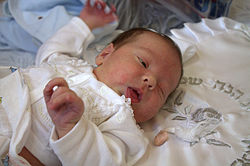
Last week I visited Manhattan’s Leo Baeck Institute, known for its excellent collections of materials relating to Europe’s German-speaking Jewish communities. I was hoping to shed some light on the everyday lives of the Kornmehl family in Vienna.
I had a limited amount of time and, unsure where to start looking, I browsed the listings of microfiche documents that weren’t available on line.
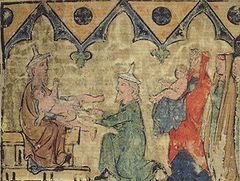
from the Regensburg Pentateuch, ca 1300
One item caught my eye: a prayer book belonging to a Viennese mohel — it was stamped with the name Sigmund Löwy, Mohel, Dipl. Aut. Operateur, 1., Schoenmaterngasse Nr. 6, Wien — that also contained a handwritten record of circumcisions in the late 19th century, presumably the ones that he performed.
I already know the dates when the eight Kornmehl siblings entered the world. I thought it might be interesting to find out if the three brothers’ births were marked with a sanctified snip.
I Encounter Some Familiar Names
I didn’t find any Kornmehls in the records but one page of the book grabbed my attention (look to the left to see the original names and dates in Roman, rather than Hebrew, script):
Taking Poetic License
I’m aware that these records don’t document the circumcisions of the most famous holders of these names: Artur Schnabel, classical pianist and composer; Franz Kafka, the writer best known for The Metamorphosis; and Edmund Husserl, the founder of the philosophical school of phenomenology. All three were born Jewish in the Austro-Hungarian empire, but not in Vienna and not on the dates noted.
- Though his parents moved the family to Vienna when he was two years old, Artur Schnabel was born in Poland in 1882, not in Vienna on October 1889, the date next to the Schnabel name on the document.
- Frank Kafka was born in Prague in July 1883, not December 1889.
- Edmund Husserl was born in April 1859, not March 1890, in Prossnitz, now part of the Czech Republic.
Of the three men, Schnabel lived in Vienna for the longest period of time, though he eventually moved to Berlin. Husserl got a Ph.D. from the University of Vienna, but didn’t live in the city before or after his studies (by coincidence, I know that some members of his family did later reside there; see Belly Dancing, Knitting, Pastry and Psychology: A Virtual Convergence). I’m not aware of any connections of Franz Kafka’s family with Austria’s capital.
And I have no idea if any of these renowned men held on to their foreskins. Husserl was baptized as a Lutheran at age 27, so if he was circumcised it didn’t inspire him to remain in the faith. In fact, I don’t know how common Jewish circumcision was in Europe in the late 19th century. It’s a complicated topic, and my attempt to research it led me to territory I didn’t care to enter, including rabid rants against the practice.
I was just tickled by the notion of three great names in European music, literature and philosophy being embodied in a trio of Viennese baby penises.
***
The original circumcision document image is courtesy of the Leo Baeck Institute. My limited photo editing skills are responsible for the large colored names and the (accidental) darkened line across the text. I would have preferred outlining or highlighting the names and dates but don’t know how to do that.
Wikimedia Commons is the source of the all the other images: the happy post-circumcised baby next to the title, the illustration of “Jacob’s Circumcision” in the Regensburg bible, and the gallery of famous men who may or may not have remained intact.

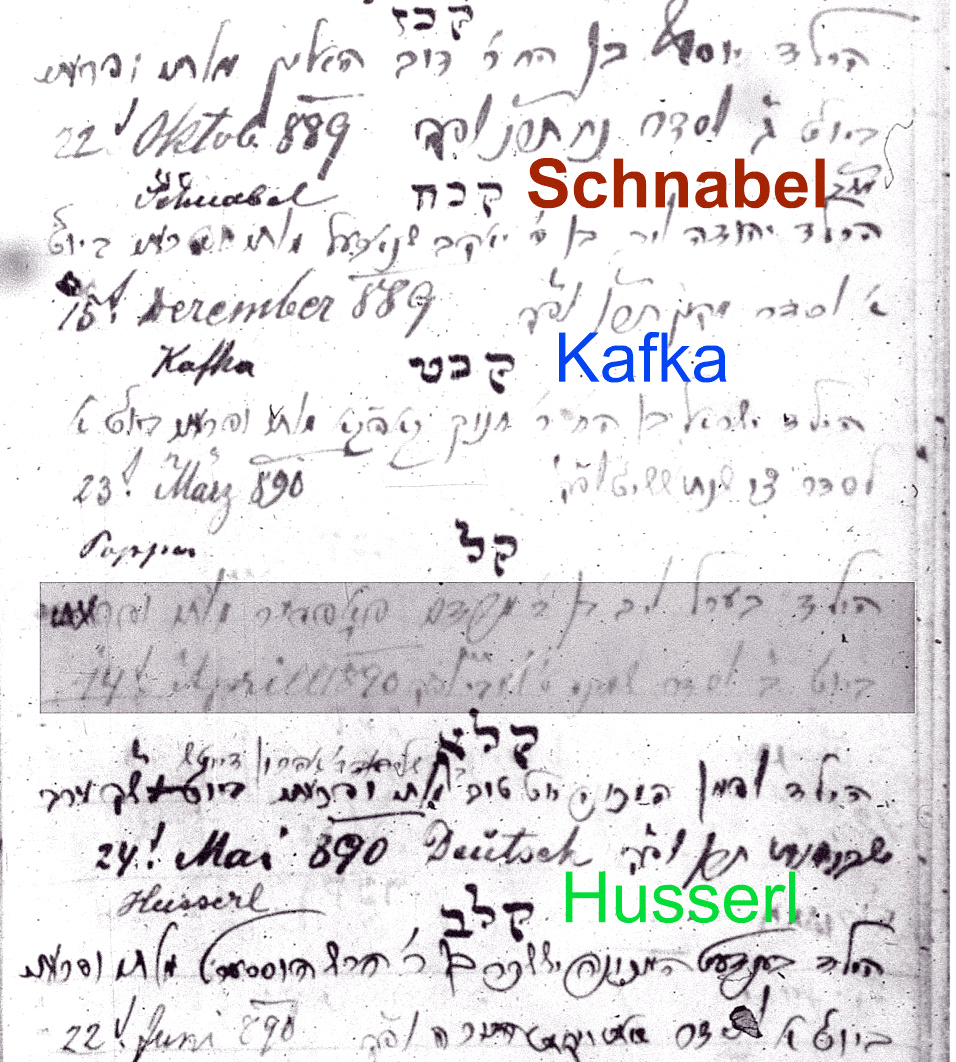
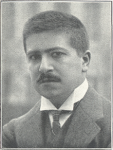
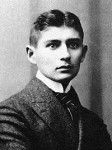
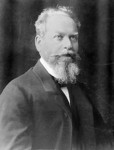
Out of curiosity, how do you manage your time to include research AND writing. This fascinating essay is just one more example of your engaging storytelling, a mixture of both art and analysis to which I aspire.
What a nice thing for you to say! I don’t know if it’s a consolation — or a disappointment — for you to hear that I manage my time very badly and take far longer to write and research these posts than I can (literally) afford. In fact, I’m applying for a grant so I’ll have the time to devote to both research and writing without having to worry about paying the bills. But comments like yours make my hard work worthwhile. Thank you.
Nothing to do with your post–or not much, but I couldn’t help think about a very amusing book. Have you read about the travels and travails of the foreskin of the most famous Jew of all–Jesus? The book is An Irreverent Curiosity: In Search of the Church’s Strangest Relic in Italy’s Oddest Town. The difference between Jews and Catholics. The Catholics kept the goods.(or claimed to) (for very famous people).
I think it’s extremely relevant and I love the idea of the book. I’ll have to check it out, thanks! Of course it reminds me of one of the jokes I heard in Old Jews Telling Jokes, a show I saw in NY:
Q – How do we know Jesus was Jewish?
A – He lived at home until he was 30.
He went into his father’s business.
His mother thought he was God.
Love that joke!! Wonder Would it offend my Baptist step-nephew’s wife ? About to meet them for a meal do you think this would be a good ice-breaker?
Ordinarily I’d say it’s worth a shot, but it IS Easter 😉
I didn’t realize that Jewish circumcision was controversial in the Europe of the late 19th century. I just thought it was always accepted practice. I am interested to learn that the names of Husserl, Kafka, and Schnabel were common enough to have been in the prayer book of a single mohel.
I’ve read an article on circumcision lately, and I’m trying to remember the gist . . . I think it’s the majority practice now, and it’s supposed to be healthier?
Interesting post, and thanks!
I don’t think it was necessarily controversial, but it might not have been done by people who were not religious, for example.
There are many health advantages to circumcision, according to most world health organizations, but some people are against it for a variety of reasons. I looked up the statistics and apparently 37% of men — including the vast majority of Muslims — are circumcised.
Thanks for coming by.
According to Genesis, God told Abraham to circumcise himself, his household and his slaves as an everlasting covenant in their flesh. Those who were not circumcised were to be ‘cut off’ from their people and I thinks there nothing wrong about it.